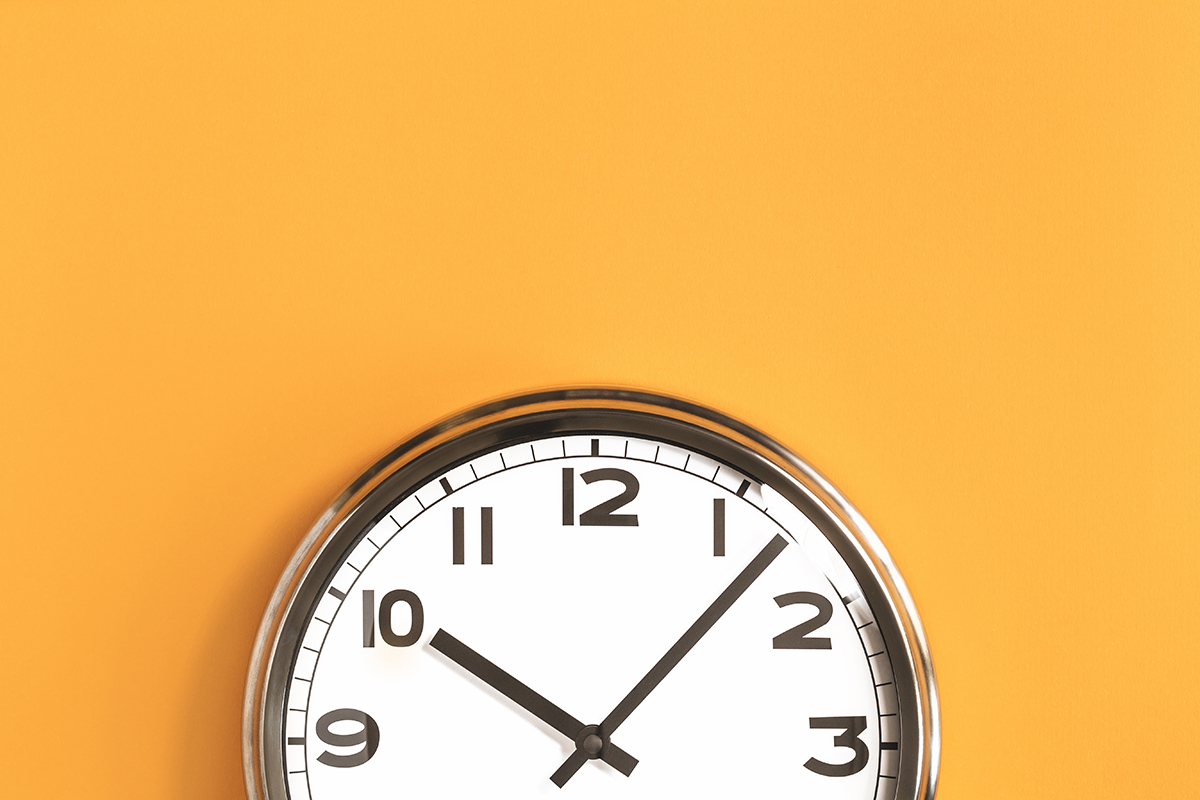Getting at least seven or eight hours of shut-eye may be ideal, but tens of millions of us have trouble getting that much sleep every night. And as we age, getting adequate quality sleep becomes even more of a struggle.
For many adults, sleep issues crop up in their 40s and 50s, as many are busy juggling career demands, raising children, or caring for aging parents. The stress can lead to many sleepless nights. As people enter the retirement years, maintaining a set routine requires more effort and planning. With a more flexible schedule, retirees may start napping during the day. Long daytime naps can disrupt their sleep cycles.
What else affects our sleep as we grow older? Menopause, many types of physical health problems, stress and anxiety, side effects from medications – the list goes on. That’s why it’s not surprising that so many adults have trouble sleeping at night.
I encourage patients who have sleeping difficulties to work with their physician to determine the root cause of the sleep problem. Oftentimes, by treating the medical condition that is causing disrupted sleep, patients find their sleep quality improves tremendously.
Why Sleep is So Important
Getting enough sleep is important to our overall health. While we sleep, our brains process information, grow and repair cells, and rebuild energy for the next day. Getting enough sleep helps us feel well rested and ready to tackle the challenges and the joys of the day ahead. When we’re tired, we’re irritable and less able to perform well at work or enjoy time with friends and family.
Lack of sleep can increase stress and anxiety, make it hard to concentrate and quickly recall information, and is also linked with diabetes and obesity. That’s why taking the time to figure out how to improve your sleep is worthwhile.
Common Causes of Sleep Problems
Getting to the bottom of a sleep problem can be challenging but connecting with your doctor and keeping a sleep diary can help uncover the cause. Some of the common causes of sleep problems include:
Menopause. Many women experiencing menopause find they either can’t fall asleep, or they wake up in the middle of the night and have a hard time falling back to sleep. Night sweats are one of the many reasons women going through menopause have a hard time sleeping. Keeping the bedroom cool and avoiding hot showers before bedtime can help. Women going through menopause may also experience overactive bladder, meaning they feel they need to urinate frequently during the day and night. Frequent urination, caused by an overactive muscle in the bladder, can be managed with lifestyle changes, exercises, and medications. Women who get up in the middle of the night because they need to go to the bathroom should try to avoid drinking anything within four hours of bedtime.
Prostate problems. Symptoms of benign prostatic hyperplasia – or enlarged prostate – include urinary problems, such as feeling the need to urinate often, feeling like your bladder isn’t empty, and difficulty starting and stopping the flow of urine. Men with an enlarged prostate may find themselves waking up during the night to urinate. Men with these symptoms should talk to their doctor about treatments, which may include medicines that help reduce symptoms. When men don’t feel the need to urinate as frequently, they often sleep better.
Chronic pain. As we age, we are more likely to develop arthritis or back pain. Making lifestyle changes – such as having a healthy diet and getting adequate exercise – can help alleviate chronic pain, but if lifestyle changes don’t help, talk to your physician about other treatment options. If you are already taking pain medications, talk to your doctor about whether it’s okay to take them before bedtime. Another tip: Make sure your mattress provides enough support and isn’t worn out.
Diabetes. Diabetes can affect sleep. Longstanding or poorly controlled diabetes can cause neuropathy or nerve pain affecting the extremities. If your blood sugar is too low, you may wake up in the middle of the night feeling cold and having clammy sweats. If that happens, check your blood sugar and talk to your doctor about adjusting your medications.
Heart problems. Many people with arrhythmias – irregular heartbeats – have sleep problems. You may wake up during the night feeling palpitations. Patients with congestive heart failure could feel short of breath when lying flat during sleep. You should report these symptoms to your physician to determine next steps.
Obstructive sleep apnea and snoring. People who are overweight, obese, or have high blood pressure are at high-risk for snoring and obstructive sleep apnea, which can greatly affect your ability to get restorative sleep. If you have obstructive sleep apnea, talk to your doctor about ways to control this serious condition.
Restless leg syndrome. Symptoms of this condition include an urge to move because of uncomfortable or painful sensations. People with restless leg syndrome often jerk their legs involuntarily while they are asleep. Though people at any age can have this condition, symptoms tend to worsen after age 50. Your doctor can discuss medicines and other strategies that may help.
Stress, anxiety, depression, and other mental health disorders can lead to sleep problems. It’s important to work with your doctor to manage these conditions. The Calm app is an excellent resource that many of my patients at Kaiser Permanente use. It can help with managing stress during the day and also offers bedtime stories and meditations that can help people sleep better.
Certain medications may interfere with sleep. If you regularly take medications and have trouble sleeping, talk to your doctor, who may be able to adjust dosages or switch you to a medicine that won’t affect your sleep.
Tips For Getting a Good Night’s Rest
As you work with your doctor to determinate and treat the root cause of your sleep problems, there are things you can do to improve your sleep hygiene.
Try to avoid greasy and spicy foods at night, and eat at least two hours before going to bed to prevent indigestion and heartburn.
I encourage patients with sleep challenges to avoid beverages after 6 p.m. In particular, I recommend staying away from caffeinated drinks and alcohol. While alcohol may make you feel sleepy, it disrupts the deep sleep that we need to feel well rested. It is also important to get exposure to bright light during the day.
Having trouble sleeping at night may make you want to nap during the day. A short nap – less than 30 minutes or so – is generally okay, but longer naps should be avoided because they will make it harder for you to sleep at bedtime.
Other tried and true sleep hygiene tips include staying away from screens – such as the TV or phone – for about an hour before bedtime. Keep your bedroom cool and dark, and only use your bed for sleep and sex. Sleep masks, ear plugs, and white noise can help drown out unwanted light and sounds. Remove or cover the clock.
In the hours before bedtime, avoid activities that make you energized, such as exercising or having heated discussions. Intense activity leads to higher levels of the cortisol hormone in the body. High levels of cortisol can make it harder to sleep; normally cortisol levels are higher in the morning and drop in the evening.
Try to go to bed around the same time every night and try to wake up around the same time every morning.
Doing regular aerobic exercise during the day, such as walking, swimming, biking, or dancing, can help older adults sleep well.
If you try these solutions and still need help getting restful sleep, reach out to your physician. Getting quality sleep is vital to our overall physical and mental health.
As the Irish proverb goes, “A good laugh and a long sleep are the best cures in the doctor’s book.”
For more expert advice, subscribe to our Health newsletter.





